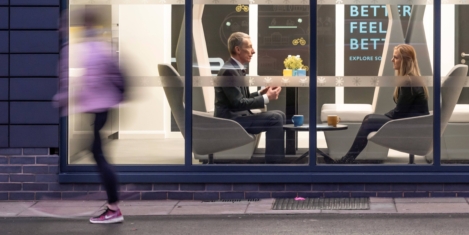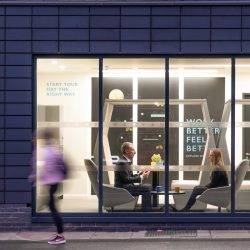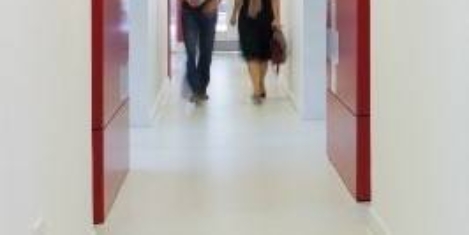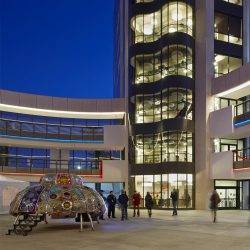March 5, 2019
Employees want good tech and flexibility but stick with their own fixed desk

Almost two-thirds of those staff (60 percent) say inadequate technology is the biggest productivity blocker at work and by failing to do its job properly it is making life difficult for employees. This frustration trumps unnecessary bureaucracy, inefficient processes and annoying colleagues – other factors that stop employees from being productive, claims research from Cloudbooking. The research suggests that the digital piece of the employee experience puzzle is more prominent and important than expected – it is in fact the single most important factor with 90 percent of UK office workers who said efficient technology is important to their overall experience. Currently fewer than one in ten UK employees are “extremely satisfied” with their workplace experience, indicating there is significant room for employers to improve it by delivering better technological resources. However, despite wanting to embrace more flexible working, staff still prefer their own fixed desk.




































March 4, 2019
Filtering out the noise, the pathology of work, busy doin muffin and some other stuff
by Mark Eltringham • Comment, Features
(more…)